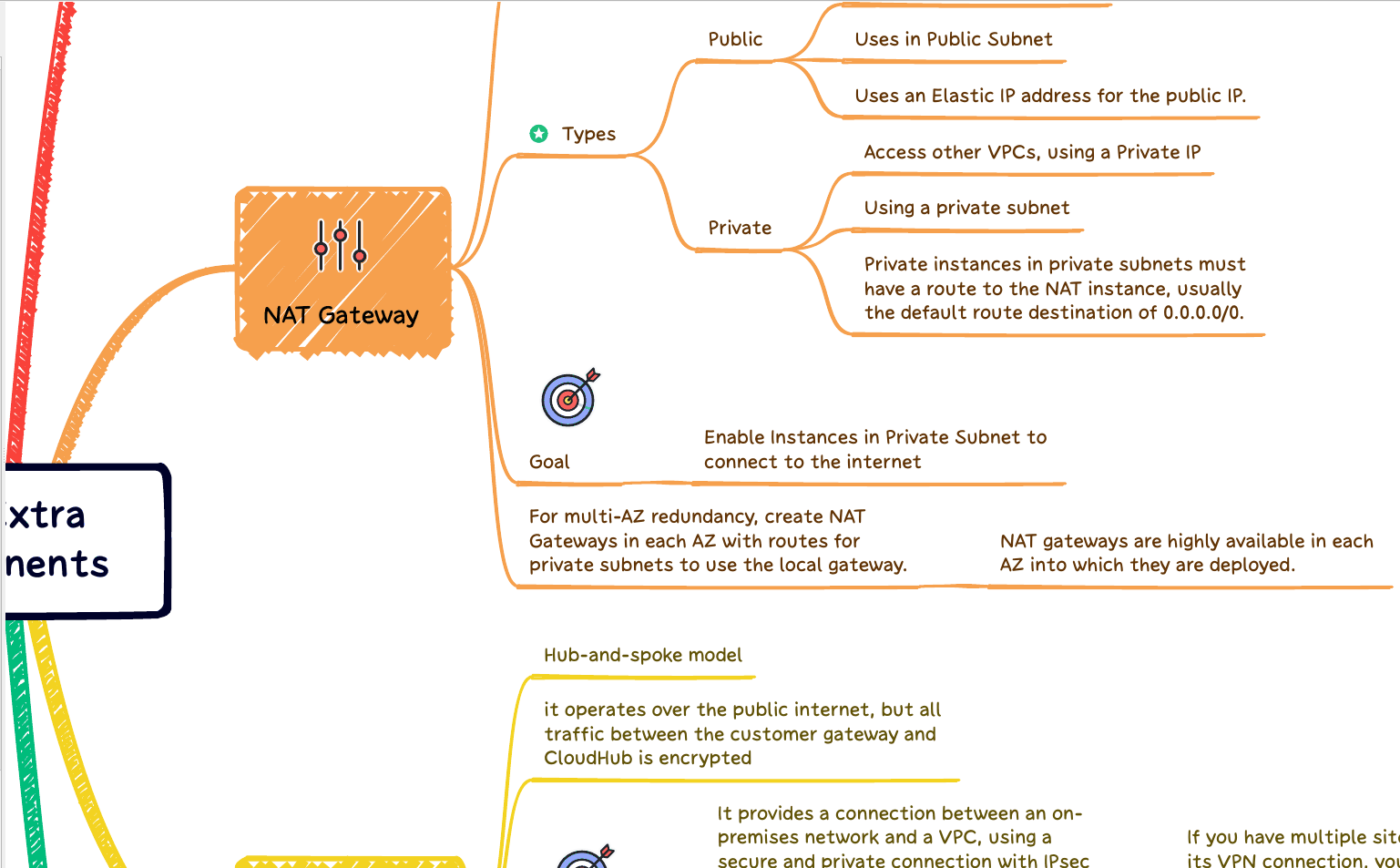1.1 Understanding the Significance of DevOps
In today’s rapidly evolving tech landscape, the term “DevOps” has become increasingly significant. DevOps, a portmanteau of “development” and “operations,” represents a cultural and technical movement that aims to bridge the gap between software development and IT operations. This chapter delves into the evolution of DevOps in the tech industry and explores why it’s crucial for modern businesses.
If you are questioning whether you should choose between DevOps and Developer, check our article.
The tech industry is known for its rapid changes and innovations. With the introduction of DevOps, a fundamental shift has occurred in the way software is developed, deployed, and maintained. Gone are the days of siloed development and operations teams working independently. DevOps promotes collaboration, communication, and shared responsibility across these teams, leading to faster development cycles, quicker deployment, and more reliable software.
The significance of DevOps lies in its ability to streamline processes, improve software quality, and enhance the overall efficiency of an organization. It encourages a culture of continuous improvement, where teams are empowered to automate repetitive tasks, monitor performance, and respond to issues promptly. This approach not only benefits the development and operations teams but also has a direct impact on customer satisfaction and the bottom line.
1.2 Who Should Learn DevOps?
As we embark on this journey into the world of DevOps, it’s essential to identify the target audience for this guide. DevOps is not limited to a specific group; it offers benefits to a wide range of professionals and industries.
- IT Professionals: DevOps practices are highly relevant to IT professionals, including system administrators, network engineers, and infrastructure specialists. Learning DevOps can enhance their ability to manage and maintain complex IT environments efficiently.
- Developers: Developers who understand DevOps principles can accelerate the development process and ensure that their code integrates seamlessly into production environments. DevOps empowers developers to take ownership of the entire software development lifecycle.
- Operations Teams: Operations teams, responsible for infrastructure and deployment, can streamline their processes and reduce manual intervention through DevOps automation. This leads to greater stability and reduced downtime.
- Quality Assurance (QA) Engineers: QA engineers can benefit from DevOps by integrating testing into the development pipeline, enabling faster feedback and bug resolution.
- Project Managers: Project managers can use DevOps principles to improve project coordination, communication, and delivery timelines.
- Small and Large Businesses: DevOps is not exclusive to large enterprises. Small and medium-sized businesses (SMBs) can leverage DevOps to compete more effectively in the digital landscape. It helps them stay agile and responsive to customer needs.
- Start-ups: Start-ups looking to establish a strong technical foundation can adopt DevOps practices from the outset, avoiding common pitfalls associated with traditional IT approaches.
- Those Seeking Career Advancement: Learning DevOps can open up new career opportunities and increase earning potential. Professionals with DevOps skills are in high demand.
In essence, DevOps is a valuable asset for anyone involved in software development, IT operations, or project management. Its principles are adaptable and can be tailored to suit the specific needs of different industries and organizations. Whether you’re an experienced IT veteran or just starting your career, the world of DevOps offers a wealth of knowledge and opportunities for growth.
Getting Started with DevOps
2.1 Defining DevOps
To embark on your DevOps journey, it’s essential to have a clear understanding of what DevOps is and what it entails.
DevOps Defined: DevOps is a set of practices that emphasizes collaboration and communication between software development (Dev) and IT operations (Ops). It aims to automate and integrate the processes of software delivery and infrastructure changes. DevOps fosters a culture of shared responsibility, where both development and operations teams work together to achieve common goals.
Core Principles and Objectives: DevOps is guided by several core principles and objectives:
- Automation: The automation of manual and repetitive tasks is at the heart of DevOps. This includes automated testing, deployment, and infrastructure provisioning.
- Collaboration: DevOps promotes collaboration between development and operations teams to ensure the smooth transition of code from development to production.
- Continuous Integration (CI): CI involves frequently integrating code changes into a shared repository, where automated tests are run to catch issues early in the development process.
- Continuous Delivery (CD): CD extends CI by automating the release process, allowing for the rapid and reliable delivery of software updates to production.
- Monitoring and Feedback: DevOps emphasizes real-time monitoring of applications and infrastructure, enabling teams to identify and address issues promptly.
2.2 The DevOps Mindset
Embracing the DevOps mindset is crucial for success in this field. It goes beyond tools and processes; it’s about fostering a culture of collaboration, innovation, and continuous improvement.
Cultural Shift Towards Collaboration: DevOps encourages breaking down the traditional barriers between development and operations teams. Instead of working in isolated silos, these teams collaborate closely throughout the software development lifecycle. This cultural shift leads to faster problem resolution and more efficient processes.
Continuous Improvement: The DevOps mindset encourages a commitment to continuous improvement. Teams are encouraged to regularly assess their processes and seek ways to make them more efficient. This can involve automating tasks, optimizing workflows, and adopting best practices.
2.3 The DevOps Toolchain
In your DevOps journey, you’ll encounter a wide array of tools designed to facilitate various aspects of the DevOps lifecycle. These tools, when used effectively, can significantly enhance your DevOps practices.
Essential DevOps Tools: While there are many DevOps tools available, some are considered fundamental. These include:
- Version Control Systems: Tools like Git enable version control, allowing teams to track and manage code changes collaboratively.
- Continuous Integration/Continuous Delivery (CI/CD) Tools: Platforms such as Jenkins, Travis CI, and CircleCI automate the build, test, and deployment processes.
- Containerization and Orchestration Tools: Docker and Kubernetes are popular tools for packaging and orchestrating applications and services.
- Configuration Management Tools: Tools like Ansible and Puppet automate the provisioning and configuration of infrastructure.
- Monitoring and Logging Tools: Solutions like Prometheus and ELK Stack provide insights into application and infrastructure performance.
Choosing the Right Tools: It’s important to select tools that align with your specific needs and goals. Consider factors such as your team’s skill set, the complexity of your projects, and your budget when making tool choices.
In the next chapters, we’ll delve into practical steps for preparing for your DevOps journey, including assessing your current skills, setting clear goals, and exploring valuable learning resources.
F.A.Q.
Question 1.
Q.: What is DevOps, and why is it important for businesses? A.: DevOps is a collaborative approach that combines development and IT operations to streamline the software development and delivery process. It’s crucial for businesses because it promotes faster development cycles, quicker deployment, and more reliable software, ultimately improving efficiency and customer satisfaction.
Question 2.
Q.: Who can benefit from learning DevOps? A.: DevOps offers benefits to a wide range of professionals and industries, including IT professionals, developers, operations teams, quality assurance engineers, project managers, small and large businesses, and start-ups. It’s a valuable asset for anyone involved in software development, IT operations, or project management.
Question 3.
Q.: What are the core principles of DevOps? A.: DevOps is guided by several core principles, including automation, collaboration, continuous integration (CI), continuous delivery (CD), and monitoring and feedback. These principles emphasize automation of repetitive tasks, breaking down silos between teams, frequent code integration, automated testing, and real-time monitoring.
Question 4.
Q.: What are some essential DevOps tools? A.: Essential DevOps tools include version control systems like Git, CI/CD tools like Jenkins, containerization and orchestration tools like Docker and Kubernetes, configuration management tools like Ansible, and monitoring and logging tools like Prometheus and ELK Stack. Choosing the right tools depends on your specific needs and goals.
Question 5.
Q.: How can I get started with learning DevOps? A.: To start learning DevOps, you can follow these steps:
- Understand what DevOps is and its core principles.
- Embrace the DevOps mindset of collaboration and continuous improvement.
- Explore essential DevOps tools and choose the ones relevant to your goals.
- Assess your current skills and identify areas for improvement.
- Set clear learning goals and create a roadmap for your DevOps journey.
- Utilize online courses, tutorials, books, and publications to gain knowledge.
- Practice by setting up a DevOps environment and working on real-world projects.
- Join DevOps communities and attend relevant events for networking and learning.
- Overcome challenges by identifying common roadblocks and staying motivated.
Learning DevOps is a journey that offers valuable skills and opportunities for personal and professional growth.

